In this guide
SuperGuide has always recognised that financial advice can add significant value to your retirement plans, so long as it’s truly independent, free from conflicts of interest and in the best interests of the clients.
The challenge is finding it. With that in mind, we’ve been tracking Australia’s independent financial advisers since 2010 and compiled a nationwide directory to save you some of the legwork. Listed below are the independent financial advisers that are based in Sydney and across NSW.
But before we get to the list, it needs pointing out that not just any adviser can declare they are independent. There are rigorous standards that must be complied with. Click the button below to learn what defines independent financial advice.
Sydney independent financial advisers
Brookvale
| Strategy First Financial Planning | |
|---|---|
|
55 / 117 Old Pittwater Road Brookvale NSW 2100 |
AFSL: 290771 |
| Advisers | ||
|---|---|---|
| Chris Gilmour | chrisg@strategyfirst.com.au | (02) 90910080 |
| David Price | davidp@strategyfirst.com.au | (02) 90910080 |
| Don Foster | donf@strategyfirst.com.au | (02) 90910080 |
| Erin Coyle | erinc@strategyfirst.com.au | (02) 90910080 |
| Rhys Phillips | rhysp@strategyfirst.com.au | (02) 90910080 |
Chatswood
| Quantum Financial | |
|---|---|
|
Level 3 9 Help St Chatswood NSW 2067 |
AFSL: 239200 |
| Advisers | ||
|---|---|---|
| Christine Fenech | info@quantumfinancial.com.au | (02) 80840453 |
| Claire Mackay | (02) 80840453 | |
| Ricky Truong | (02) 80840453 | |
| Tim Mackay | (02) 80840453 | |
Cronulla
| Allied Wealth | |
|---|---|
|
Unit 5, Level 1 2-6 Kingsway Cronulla NSW 2230 |
AFSL: 528160 |
| Advisers | ||
|---|---|---|
| David O'Hara | david@alliedwealth.com.au | 0414 878775 |
Dee Why
| Advisers | ||
|---|---|---|
| Michael Radalj | michael@opadvisers.com.au | 0433 330161 |
Narrabeen
| Naked Wealth Advisory | |
|---|---|
|
136 Lagoon Street Narrabeen NSW 2101 |
AFSL: Independent Financial Advice & Education |
| Advisers | ||
|---|---|---|
| David Harper | dave@nakedwealth.net.au | |
Neutral Bay
| Arc Financial Solutions | |
|---|---|
|
Suite 102, Waters Road Executive Suites 12 Waters Road Neutral Bay NSW 2089 |
AFSL: 319288 |
| Advisers | ||
|---|---|---|
| Jo-Anne Nelson | joanne@arcfs.com.au | (02) 80430933 |
North Sydney
| The Professional Super Advisers | |
|---|---|
|
Suite 904 83 Mount Street North Sydney NSW 2060 |
AFSL: 321895 |
| Advisers | ||
|---|---|---|
| Kevin Smith | enquiries@thepsa.com.au | (02) 99555800 |
Parramatta
| Now Accounting | |
|---|---|
|
23 Fennell Street Parramatta NSW 2150 |
AFSL: 526742 |
| Advisers | ||
|---|---|---|
| Adrian Pinkewich | reception@nowaccounting.com.au | (02) 95834133 |
Sutherland
| Liquidity Independent Advisers | |
|---|---|
|
122 Flora Street Sutherland NSW 2232 |
AFSL: PDFP PTY LTD 293538 |
| Advisers | ||
|---|---|---|
| Deborah Lin | debbie@liquidityfp.com.au | (02) 95800933 |
Sydney
| Allied Wealth | |
|---|---|
|
Suite 6, Level 12 14 Martin Place Sydney NSW 2000 |
AFSL: 528160 |
| Advisers | ||
|---|---|---|
| Gregory Barter | greg@alliedwealth.com.au | 0419 108389 |
| Jessica Brizuela | jess@alliedwealth.com.au | 0405 823941 |
| Bennelong Private Wealth | |
|---|---|
|
Level 8 65 York St Sydney NSW 2000 |
AFSL: 296152 |
| Advisers | ||
|---|---|---|
| Bill Raffle | braffle@bennelongprivatewealth.com.au | (02) 82151514 |
| Custom Accounting | |
|---|---|
|
Level 24, Three International Towers 300 Barangaroo Ave Sydney NSW 2000 |
AFSL: 286854 |
| Advisers | ||
|---|---|---|
| Stephanie O'Connor | admin@customaccounting.com.au | 1300 132545 |
| Independent Wealth Advice | |
|---|---|
|
Suite 6, Level 12 14 Martin Place Sydney NSW 2000 |
AFSL: 528160 |
| Advisers | ||
|---|---|---|
| Andrew Darroch | andy@iwadvice.com.au | 1300 978737 |
| Mintwell | |
|---|---|
|
20/15 Castlereagh Street Sydney NSW 2000 |
AFSL: 38th Parallel Pty Ltd |
| Advisers | ||
|---|---|---|
| Josef Jindra | josef@mintwell.com.au | 0416 669157 |
| Peter White Financial Planning | |
|---|---|
|
Level 57 25 Martin Place Sydney NSW 2000 |
AFSL: 464629 |
| Advisers | ||
|---|---|---|
| Peter White | info@peterwhitefp.com.au | 02 9238 2246 |
| Plutus Financial Guidance | |
|---|---|
|
Angel Place Level 17 123 Pitt Street Sydney NSW 2000 |
www.plutusfinancialguidance.com.au AFSL: 517944 |
| Advisers | ||
|---|---|---|
| Vince Lam | vince@plutusfinancialguidance.com.au | |
| Providence Wealth Advisory Group | |
|---|---|
|
Level 9 20 Martin Place Sydney NSW 2000 |
AFSL: 245635 |
| Advisers | ||
|---|---|---|
| Carlo Queddeng | (02) 92399333 | |
| Grant Patterson | (02) 92399333 | |
| Harry Buckeridge | leeza@providencewealth.com.au | (02) 92399333 |
| James Smith | (02) 92399333 | |
| Michael Ogg | (02) 92399333 | |
| William Porter | (02) 92399333 | |
| Wealth Simplicity | |
|---|---|
|
Lv 10 23-25 Hunter Street Sydney NSW 2000 |
AFSL: 513615 (Wealth Simplicity Group Pty Ltd) |
| Advisers | ||
|---|---|---|
| Rob Gilmour | rob.gilmour@wealthsimplicity.com | (02) 90526966 |
West Ryde
| Securus Retirement Solutions | |
|---|---|
|
63 Winbourne St East West Ryde NSW 2114 |
AFSL: Catalpa Pty Ltd |
| Advisers | ||
|---|---|---|
| Peter Lillicrap | enquiry@securusrs.com.au | 0411 621707 |
NSW regional independent financial advisers
Ballina
| Evolution Financial Planning | |
|---|---|
|
4 / 122 Tamar St Ballina NSW 2478 |
AFSL: 412063 |
| Advisers | ||
|---|---|---|
| James Cruz | james@evolutionfinancial.com.au | (02) 66811911 |
Coffs Harbour
| Waterfall Way Associates | |
|---|---|
|
Suite 607 24 Moonee St Coffs Harbour NSW 2450 |
AFSL: 318105 |
| Advisers | ||
|---|---|---|
| Dacian Moses | dmoses@waterfallfp.com.au | (02) 66500522 |
Coledale
| Allied Wealth | |
|---|---|
|
741 Lawrence Hargrave Drive Coledale NSW 2000 |
AFSL: 528160 |
| Advisers | ||
|---|---|---|
| Christopher Rae | chris@alliedwealth.com.au | (02) 90623230 |
Hamilton South
| Braeside Wealth | |
|---|---|
|
61 Stewart Avenue Hamilton South NSW 2303 |
AFSL: 53856 |
| Advisers | ||
|---|---|---|
| Lance Swansbra | lance@braesidewealth.com.au | (02) 40132966 |
Lake Macquarie
| Finspire Advisers | |
|---|---|
|
Office 3, 16/44 Linden Avenue Lake Macquarie NSW 2282 |
AFSL: Catalpa Pty LTd |
| Advisers | ||
|---|---|---|
| Chris Keating | chris@finspire.com.au | (02) 40724450 |
| Rickie Latimore | rick@finspire.com.au | 0432 481559 |
Orange
| Daniel Crump Financial Planning | |
|---|---|
|
Greengate Shopping Centre 2 Prince Street Orange NSW 2800 |
AFSL: 530665 |
| Advisers | ||
|---|---|---|
| Daniel Crump | enquiry@danielcrumpfp.com.au | 0418 148622 |
| Wealth Train | |
|---|---|
|
65 Sale St Orange NSW 2800 |
AFSL: 520963 |
| Advisers | ||
|---|---|---|
| Daniel McGregor | daniel@wealthtrain.com.au | 0411 484464 |
Tamworth
| When Financial Solutions | |
|---|---|
|
133 Marius Street Tamworth NSW 2340 |
AFSL: Catalpa |
| Advisers | ||
|---|---|---|
| James McMaster | jamesm@whenfs.com.au | 0457 526376 |
Independent financial advisers for other states
There are more than 100 independent financial advisers across Australia, who are listed in the following guides.
If you’re an independent financial adviser that would like to be included on this list, please follow the instructions here.
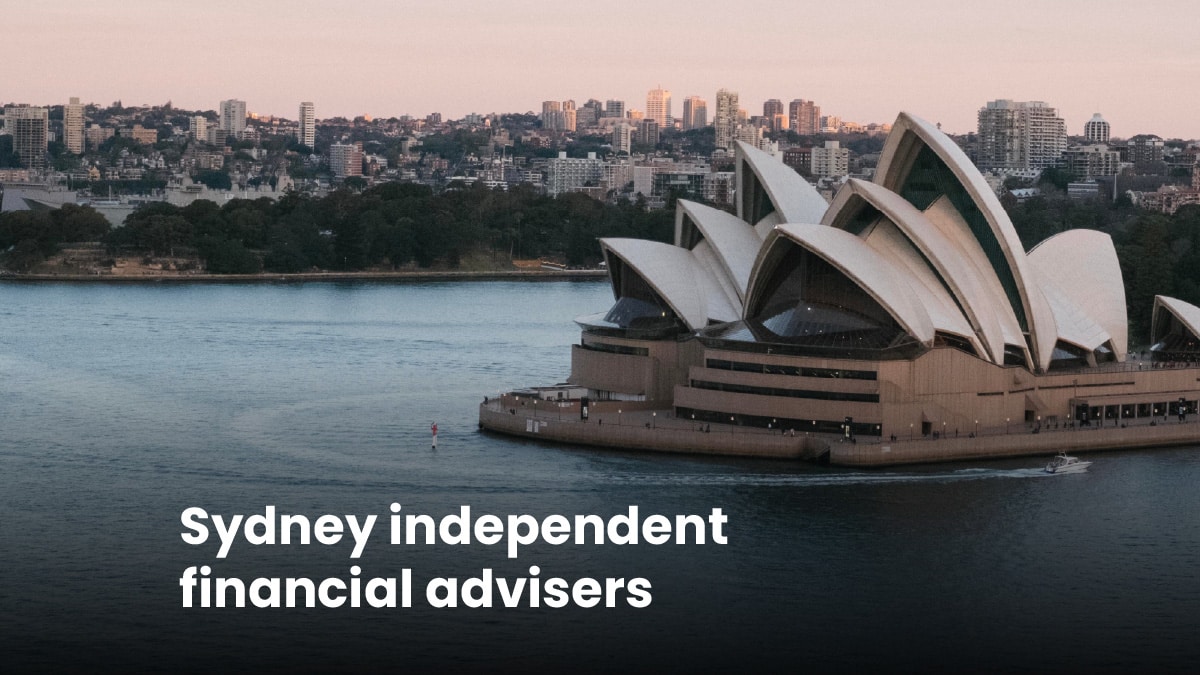
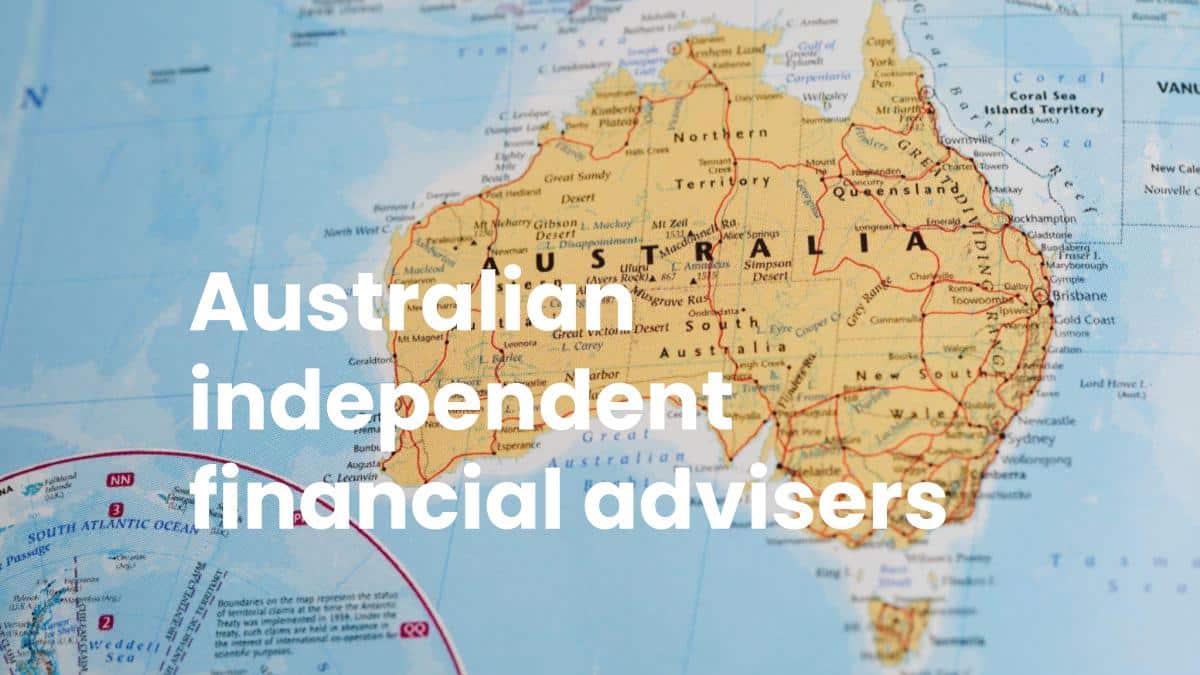
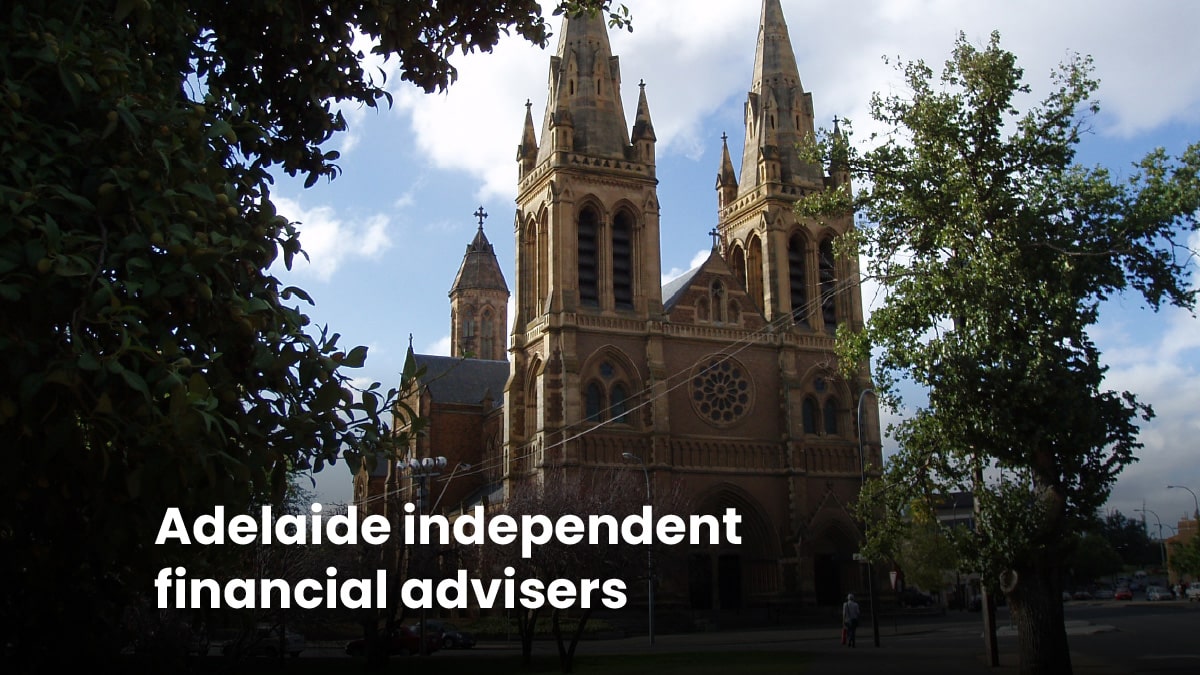
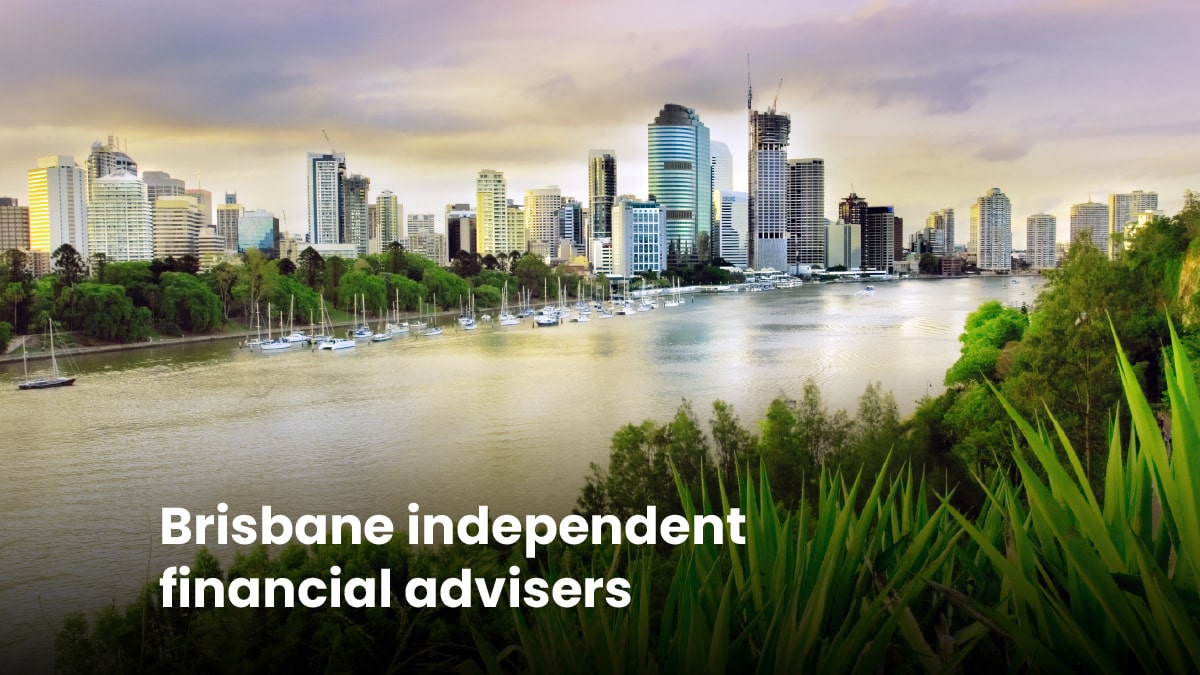
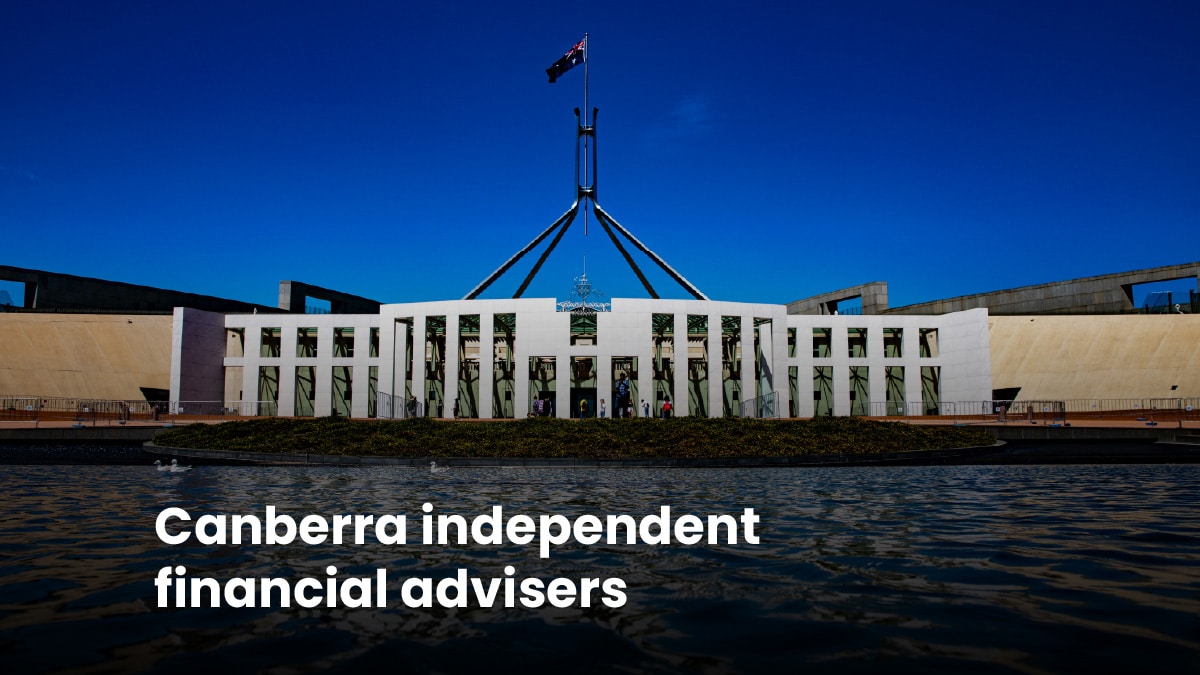
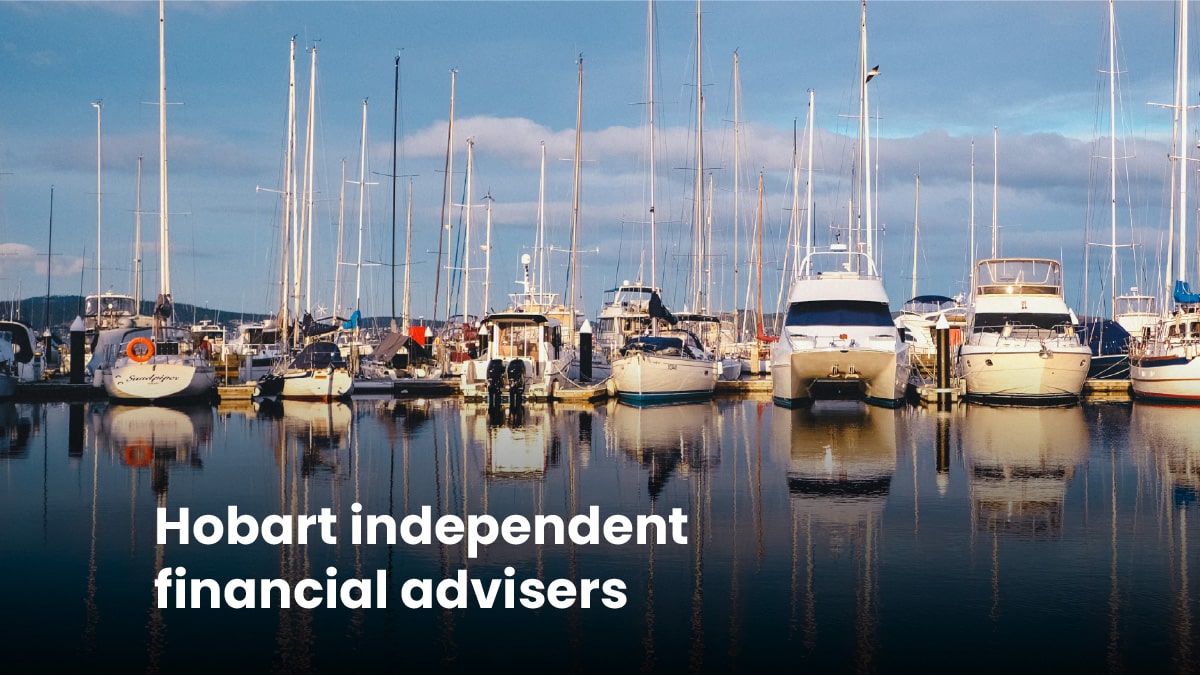
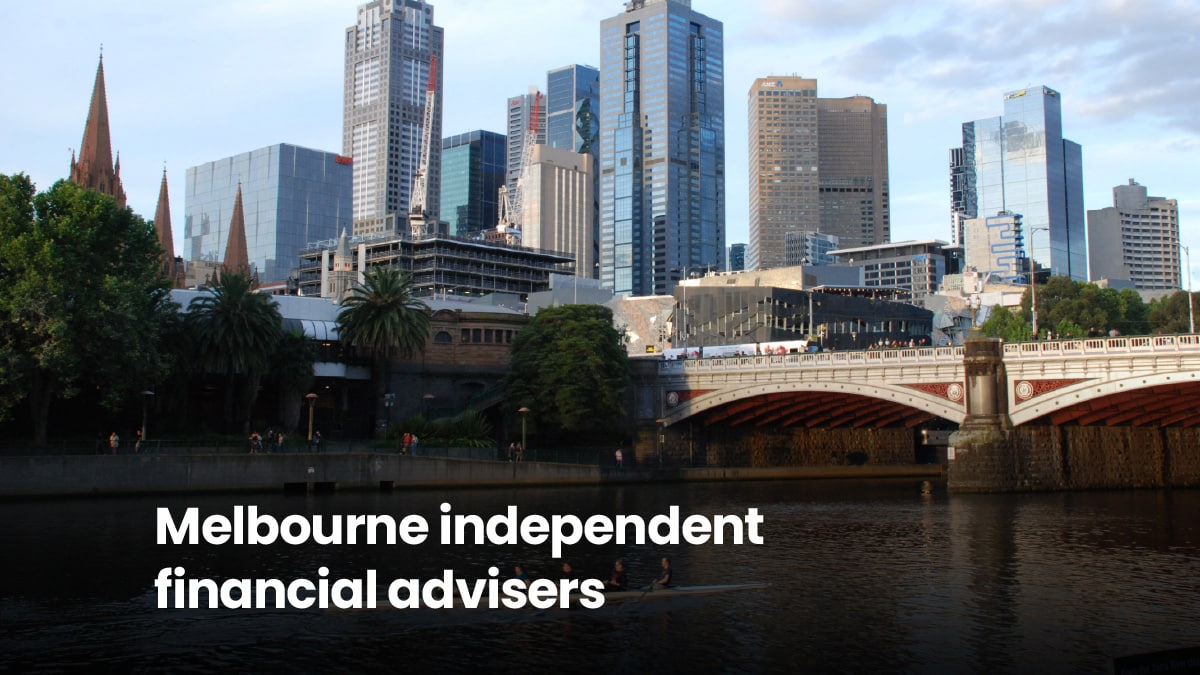
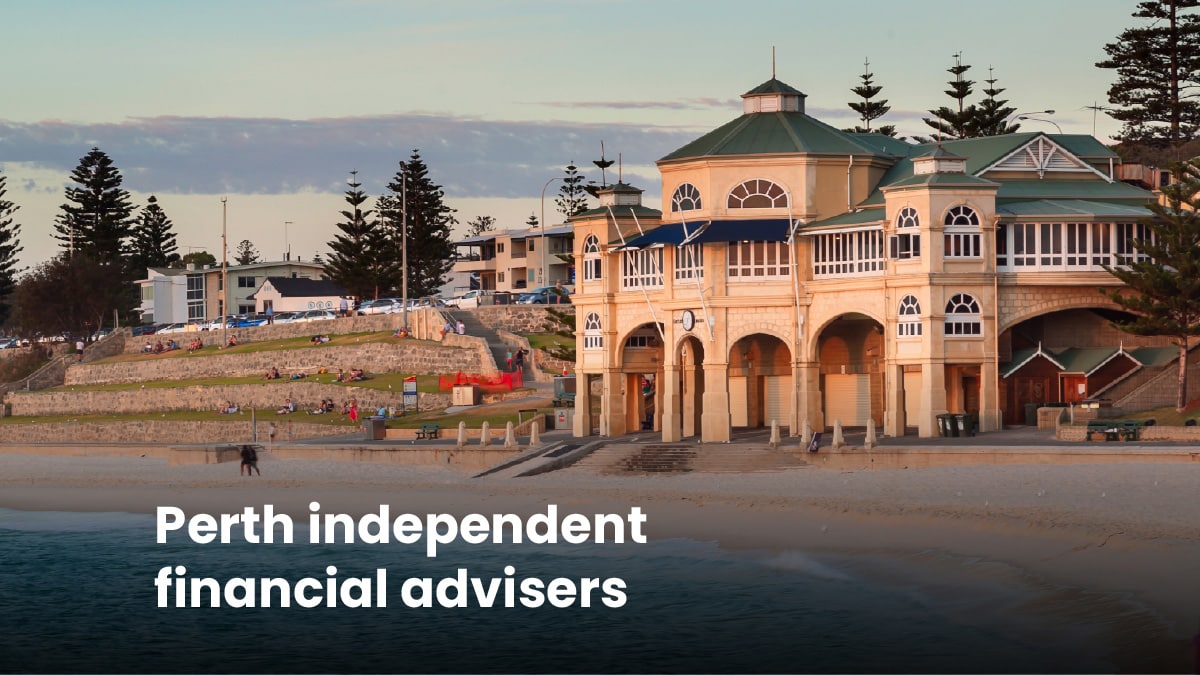
Leave a Reply
You must be logged in to post a comment.